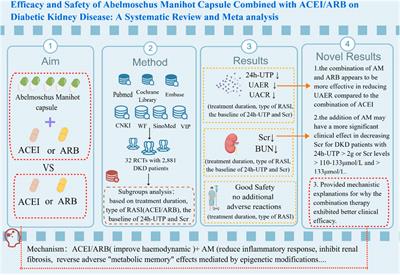EDITORIAL
Published on 11 Dec 2024
Editorial: Novel pathophysiologic mechanisms and reno-protective pharmacotherapies in diabetic kidney disease
doi 10.3389/fphar.2024.1531748
- 435 views
6,955
Total downloads
20k
Total views and downloads
EDITORIAL
Published on 11 Dec 2024
ORIGINAL RESEARCH
Published on 22 Aug 2024

REVIEW
Published on 31 Jul 2024
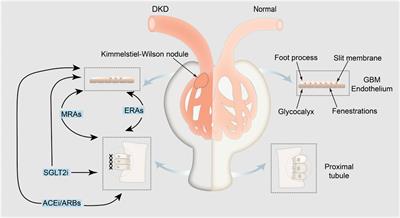
ORIGINAL RESEARCH
Published on 19 Jul 2024
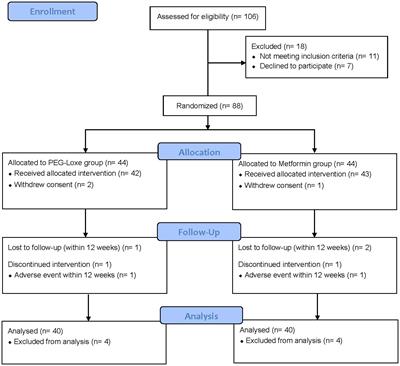
ORIGINAL RESEARCH
Published on 12 Jun 2024

SYSTEMATIC REVIEW
Published on 22 Apr 2024

ORIGINAL RESEARCH
Published on 20 Mar 2024
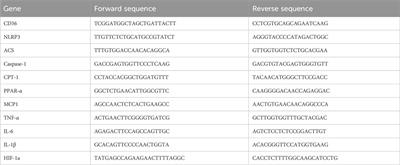
ORIGINAL RESEARCH
Published on 08 Jan 2024
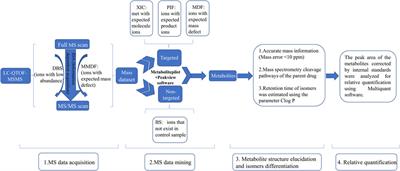
SYSTEMATIC REVIEW
Published on 05 Jan 2024
